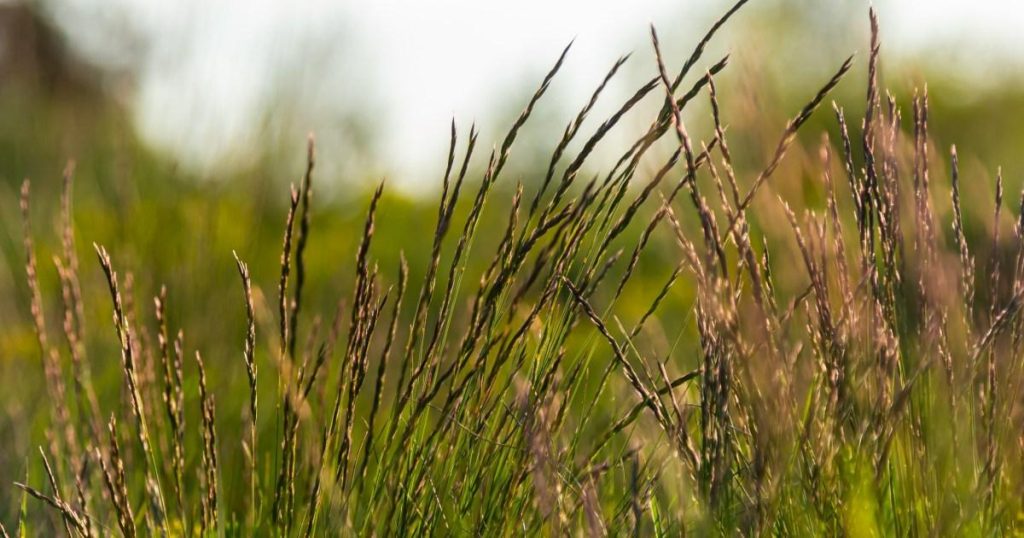The discovery of glyphosate-resistant Italian ryegrass in the UK has sparked concern among farmers and scientists, posing a potential threat to agricultural practices and highlighting the need for diversified weed management strategies. This marks the first instance of glyphosate resistance in Britain, although similar cases have been documented globally. The resistant strain was found on a farm in Kent, raising immediate questions about its potential spread and the impact on agricultural productivity and sustainability initiatives. While the exact mechanism of resistance remains under investigation, initial assessments suggest it may be a result of natural selection rather than gene flow, offering some reassurance against rapid widespread dissemination. However, increased vigilance and monitoring are crucial to detect and manage any further occurrences of this resistant weed.
Glyphosate, often marketed under the brand name Roundup, is the most widely used herbicide globally, valued for its effectiveness and relatively benign environmental profile. Its efficacy allows farmers to control unwanted vegetation without resorting to tillage, a practice that can disrupt soil health and contribute to erosion. The emergence of resistance to this crucial tool poses a significant challenge, particularly for farmers reliant on glyphosate for weed control in conservation agriculture and no-till farming systems. The economic implications are also noteworthy, as farmers may be forced to adopt more expensive and potentially environmentally damaging alternatives, such as increased tillage or the application of multiple herbicides. This could further strain already tight margins and impede the transition to more sustainable farming practices.
The immediate impact of the glyphosate-resistant Italian ryegrass is likely to be localized and most acutely felt by a small number of farmers, particularly those operating smaller, less profitable farms. The shift away from glyphosate may necessitate substantial changes in weed management practices, requiring investments in new equipment, increased labor costs, and potentially reduced yields. For some, this could represent a significant financial burden and even jeopardize the viability of their operations, especially during a period of rising input costs and economic uncertainty within the agricultural sector. The emotional toll on farmers facing this challenge should not be underestimated, as it threatens not only their livelihoods but also the generational transfer of farms within families.
Beyond the immediate economic consequences, the emergence of glyphosate resistance raises broader concerns about the sustainability of current agricultural practices. The reliance on a single herbicide for weed control creates a vulnerability to resistance development, as demonstrated by the Kent case. This underscores the importance of integrated weed management strategies that incorporate a range of approaches, including mechanical weeding, crop rotation diversification, the introduction of competitive grass species, and judicious use of herbicides. By diversifying weed control methods, farmers can reduce the selection pressure for resistance and preserve the long-term effectiveness of available tools. Moreover, these integrated approaches often align with broader sustainability goals, such as soil health improvement, biodiversity enhancement, and reduced reliance on chemical inputs.
The Kent discovery serves as a timely reminder of the need for proactive measures to mitigate the risks associated with herbicide resistance. Scientists and industry stakeholders are working to raise awareness among farmers about the importance of responsible glyphosate use and the benefits of integrated weed management. This includes promoting practices that minimize herbicide application, such as targeted spraying and monitoring weed populations for early signs of resistance. Increased research efforts are also essential to develop new and effective weed control strategies, including exploring alternative herbicides, biocontrol methods, and innovative technologies like robotic weeding. These efforts will contribute to a more resilient and sustainable agricultural system that is less vulnerable to the challenges posed by herbicide resistance.
The situation in the UK mirrors global trends, as glyphosate resistance has been documented in various weed species across several countries, including Australia, the United States, and Canada. While the prevalence of resistance remains relatively contained, these cases highlight the ongoing need for vigilance and proactive management strategies. The experience in other regions underscores the potential consequences of widespread resistance development, which can lead to increased production costs, reduced yields, and negative environmental impacts. By learning from these experiences and adopting integrated weed management practices, farmers in the UK and elsewhere can help preserve the effectiveness of essential tools like glyphosate and contribute to a more sustainable future for agriculture. The Kent discovery serves as a wake-up call, emphasizing the need for a proactive and collaborative approach to address the challenge of herbicide resistance and ensure the long-term viability of agricultural production.




